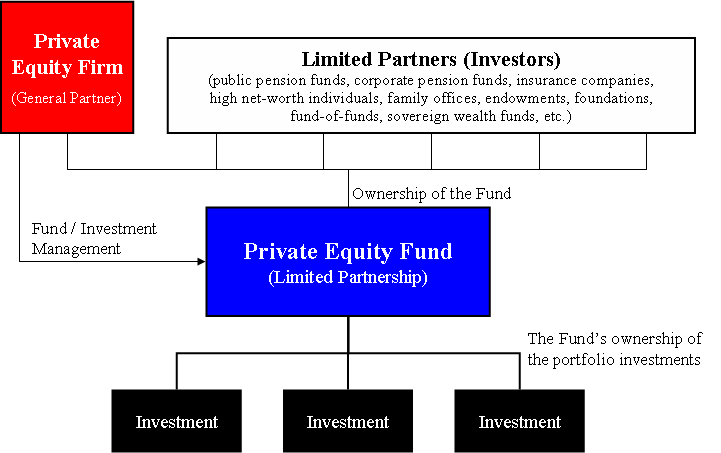Investing in the real estate market has long been a popular strategy for individuals looking to diversify their portfolios and generate passive income.
While many people are familiar with traditional real estate investments such as buying rental properties or investing in commercial buildings, there is another avenue that offers unique opportunities – mortgage real estate investment trusts (REITs).
In this article, we will delve into the world of commercial mortgage REITs, exploring their definition, benefits, risks, and the factors to consider when investing in them. We will also highlight some top mortgage REITs to watch out for and provide real-life case studies of successful investments.
So whether you’re new to investing or an experienced investor looking to expand your knowledge, read on as we uncover the exciting world of commercial mortgage REITs.
Introduction to Mortgage REITs
Mortgage Real Estate Investment Trusts (REITs) offer investors an alternative way to participate in the real estate market by investing in mortgages or mortgage-backed securities (MBS). Instead of physical properties, these companies pool money from investors to purchase residential or commercial mortgages.
Mortgage REITs generate income through interest payments and distribute dividends to shareholders. With diverse strategies and risk profiles, investors can choose a mortgage REIT that aligns with their goals. This provides liquidity, diversification, and exposure to the real estate market without direct property ownership.
Benefits and Risks of Investing in Mortgage REITs
Investing in mortgage REITs offers several advantages. These companies are required to distribute most of their taxable income as dividends, providing regular income for investors. Mortgage REITs also offer diversification benefits as they have low correlation with other asset classes.
Additionally, there is potential for capital appreciation when the underlying mortgages perform well. Investors also gain access to professional management and expertise.
However, there are risks to consider when investing in mortgage REITs. Interest rate risk can lead to losses as the value of existing mortgages decreases with rising rates. Credit risk arises if borrowers default on their mortgage payments, impacting the value of underlying mortgages or securities.
Liquidity risk can be a challenge during market stress, affecting a REIT’s ability to quickly liquidate assets without losses. Lastly, market and economic conditions can impact the performance of mortgage REITs.
In summary, investing in mortgage REITs provides regular income and diversification opportunities but carries risks such as interest rate fluctuations, creditworthiness of borrowers, liquidity concerns, and vulnerability to market conditions. Careful consideration of these factors is crucial for making informed investment decisions.
Who Invests in Mortgage REITs?
Investing in mortgage real estate investment trusts (REITs) is popular among various investor categories, including individual investors, institutional investors, and real estate investment funds.
Individual investors are attracted to mortgage REITs for the regular income generated by dividends and the diversification benefits they offer. These investors appreciate the opportunity to gain exposure to real estate without needing significant capital for physical property investments.
Institutional investors, such as pension funds and insurance companies, invest heavily in mortgage REITs due to their long-term investment horizons and the stable income streams that match their liabilities. By diversifying their portfolios across different asset classes, these institutions can achieve their financial objectives.
Real estate investment funds also frequently invest in mortgage REITs. These funds pool money from multiple investors and allocate it to a diversified portfolio of real estate assets, including mortgage REITs.
This allows individuals to access a wide range of mortgage-related investments without conducting extensive research or selecting individual stocks.
In summary, individual investors seek regular income and diversification through mortgage REITs, while institutional investors value stable income streams and portfolio diversification. Real estate investment funds provide an accessible avenue for individuals to gain exposure to diverse mortgage-related assets.
Overall, investing in mortgage REITs appeals to various types of investors seeking reliable returns within the real estate sector.
How to Invest in Mortgage REITs Successfully?
To invest in mortgage real estate investment trusts (REITs) successfully, it’s important to follow these key strategies:
- Set clear financial goals and objectives, considering desired income, risk tolerance, and investment time horizon.
- Build a diversified portfolio that includes various asset classes beyond just mortgage REITs to mitigate risk.
- Regularly monitor and review your investments by keeping an eye on interest rate trends, credit quality metrics, and economic indicators.
- Seek professional advice if needed from a financial advisor or investment manager specializing in real estate investments.
Stay tuned for Part II of this article where we explore top mortgage REITs and provide detailed overviews of their performance and investment strategies. By following these strategies and staying informed about market conditions, you can increase your chances of success when investing in mortgage REITs.
[lyte id=’ox8Dx4q5Vlc’]



